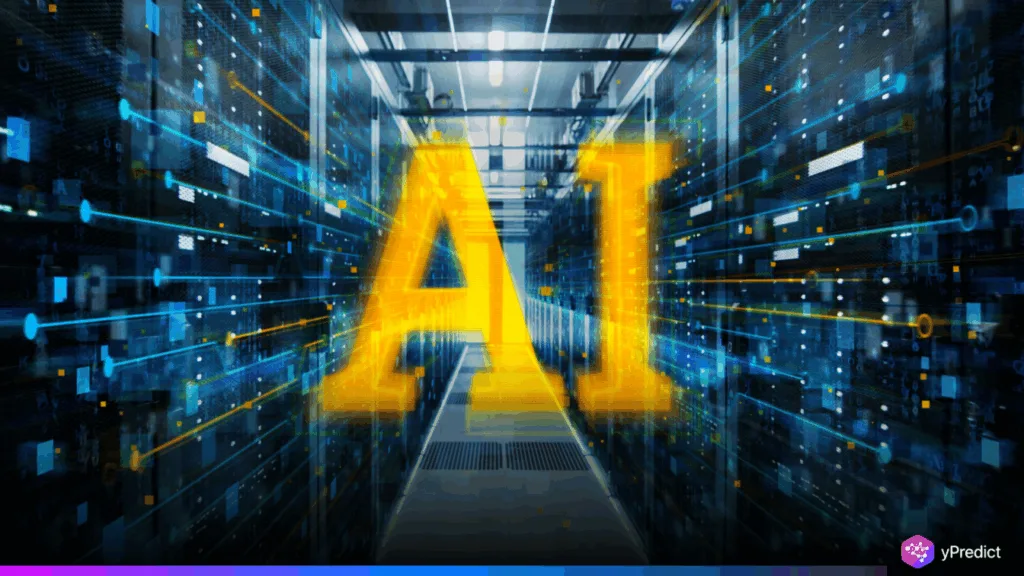
Patent infringement lawsuit: ParTec, a German tech company, sued Nvidia with a high-profile complaint alleging that its dynamic Modular System Architecture (dMSA) was unlawfully implemented in Nvidia DGX AI supercomputers in August 2025. According to ParTec, the inventor of this patented technology that is critical in the coordination of CPUs and GPUs in AI supercomputers disclosed it to Nvidia during collaboration negotiations in 2019, at which point Nvidia, on their own, subsequently released very similar systems. The case, lodged at the Unified Patent Court (UPC), seeks a Europe-wide sales ban on DGX systems and financial compensation. With ParTec already recognized for powering some of Europe’s top supercomputers, the dispute could significantly impact the continent’s AI hardware landscape.
Core of the Dispute and ParTec’s Claims
In its lawsuit, ParTec focuses on its patented dMSA technology that provides the ability to coordinate without difficulties between various processors in active AI calculations. It is critical in the AI high-performance workloads in which real-time takes massive datasets. ParTec asserts that Nvidia’s DGX systems, integral to industries from healthcare to automotive, incorporate this architecture without authorization.
The timeline is crucial to ParTec’s case. In 2019, the company shared technical details of its dMSA and ParaStation software with Nvidia during exploratory talks. While Nvidia initially showed interest in joint GPU development, it later declined, subsequently launching DGX products that ParTec claims integrate its patented concepts.
This is ParTec’s third major patent suit against a U.S. tech giant, following a 2024 action against Microsoft over similar technology. Filed at the UPC, which governs patent enforcement across 18 EU nations, the case seeks not only damages but also a sweeping sales ban on Nvidia’s DGX systems in Europe. Such an injunction could disrupt AI infrastructure projects across the continent. For ParTec, this is both a legal and strategic fight, enforcing intellectual property rights while promoting European-developed alternatives to dominant U.S. hardware. Nvidia, holding over 80% of the AI chip market share, has yet to publicly comment on the allegations.
Broader Context and Potential Impact
The ParTec-Nvidia clash comes at a time when Europe is pushing for greater technological sovereignty in AI. ParTec frames its lawsuit not just as a patent dispute but as a defense of European innovation against U.S. dominance. By protecting dMSA, ParTec argues it can give Europe an independent edge in AI supercomputing, reducing reliance on Nvidia’s supply chain.
If ParTec wins, Nvidia could face a Europe-wide injunction on DGX sales, including its recently launched DGX Spark powered by the Grace Blackwell Superchip. This system can handle models with up to 200 billion parameters, capabilities that overlap with ParTec’s claimed innovations. Such a ban would not only impact Nvidia’s European revenues but could also slow AI development in sectors reliant on its hardware.
Critics, however, question ParTec’s motivations. Some online voices dismiss the firm as a “patent troll,” suggesting litigation is a revenue strategy rather than a genuine protection of innovation. Supporters counter that ParTec has a proven track record, with its technologies already deployed in top-ranking European supercomputers.
The UPC’s decision, expected in months, could set a precedent for transatlantic tech disputes. For now, ParTec’s legal action has placed the balance of AI power in Europe under intense scrutiny.
Outlook
The case against Nvidia by ParTec might become one of the most significant AI hardware lawsuits based on European history. A decision in favor of Partech would render its patents valid, raise its presence in the market, and also restrict the influence of Nvidia in the EU. Conversely, a loss could undermine ParTec’s credibility and future claims. The outcome will hinge on how convincingly ParTec proves that Nvidia’s DGX systems replicate its dMSA design. As the UPC reviews the evidence, both companies face high stakes: for Nvidia, continued dominance; for ParTec, the chance to cement its role as a leader in Europe’s AI infrastructure.





